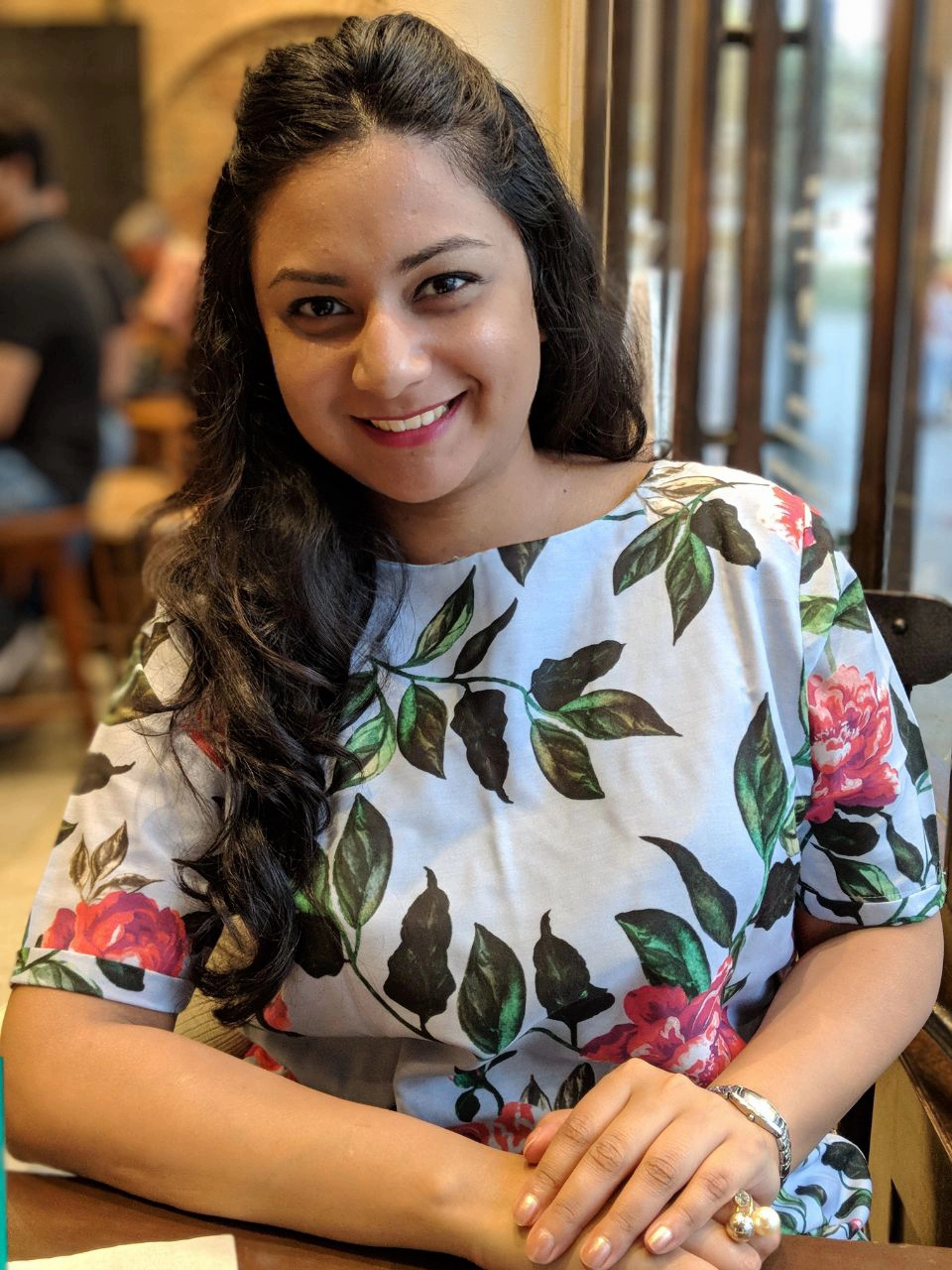
Tackling financial fraud requires specialised skills
RAAGHAVI SENTHIL INTERVIEWS DEVAKI NAIK | December 09,2018
Raaghavi Senthil – Early Career Researcher
(Center for Criminology & Public Policy)
Publication Credits – Center for Criminology & Public Policy
In an interview to CCPP, Devaki Naik, a Mumbai-based Financial Criminologist spoke about the need for actionable education and research in criminology, and the importance of strengthening partnerships between financial crime specialists and policy-makers.
You have been exploring an off-beat career path which has rarely been ventured into by criminology graduates so far. What got you interested in Criminology and especially, financial fraud in the first place?
From drug rackets to white collar exposés, the nuances of crime and criminology have always been a regular topic of discussion at home, as my father worked with the Narcotics Control Bureau and later served as an Investigative Specialist in banking sector.
Later in my life, I got an opportunity to work in Pune with Mr. Mayur Joshi, who was part of the interdisciplinary committee on investigation for the Satyam Scam – one of India’s biggest corporate accounting frauds. From Mr. Joshi and his team I learned the nitty-gritty of forensic accounting. They taught me what to look at when presented with the balance sheet of a company.
Mr. Joshi had, for long, been egging me on to start a practice of my own, but I never took his suggestions seriously. However, one day, as I discussed the prospects of my future employment with my father, he suggested the same and that turned out to be the push I needed.
As a ‘Criminology-graduate’ with a specialization in Investigation of Economic Crimes, I had gathered solid theoretical knowledge, and my experience of working with Deloitte Mumbai – as part of their core investigation team – had given me a fair idea of the actual workings of a forensic accountant.
Thus began my journey as an independent Forensic Accounting Criminologist. I have recently set up my independent practice in Mumbai which focuses on areas of due diligence, risk management and forensic audit investigations. In the long run, I aim to curb the menace of white collar crimes in India. I realize it’s an uphill task but I strive to tackle it patiently – one financial fraud at a time!
What does the day-to-day life of a financial criminologist look like?
It’s only been a few weeks since I’ve started out as an independent financial criminologist and have faced some teething issues. But apart from that, the journey is a phenomenal learning experience.
As a financial criminologist, my role is to investigate frauds occurring in banks and other financial firms. Identifying the main perpetrator, discovering the motive of the fraudster, quantifying the losses and even helping with the documentation of evidence is what I do.
Fearing reputational damage, organizations often prefer to keep these investigations confidential and that’s why we’re never allowed to disclose names or other details of the investigation.
I am also required to work with law enforcement agencies as part of my job. Once they arrest a perpetrator, it is my responsibility to help them gather circumstantial documentary evidence which can be produced in the court. A final report prepared by a ‘Forensic Accounting Criminologist’ is often produced in court as a form of evidence and hence the use of the term “Forensic”.
The way it works with our profession, is that every case is different. And we have to use different approach of investigation while dealing with financial frauds – due to the complexity of these crimes.
Time is crucial for us. Because we deal with a lot of confidential and sensitive data, clients often want us to deliver our findings as early as possible. So managing my time is a major challenge. But I like what I do and hence those sleepless nights are oddly satisfying.
Read Complete Article here